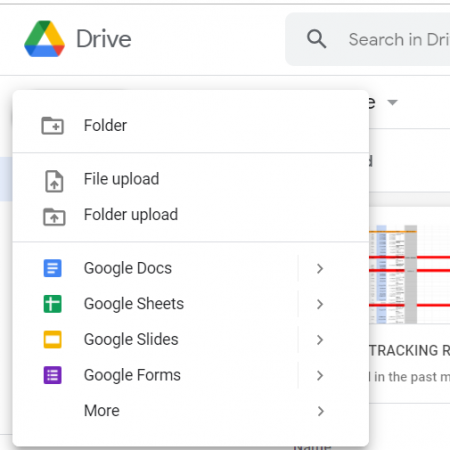3 Simple Ways to Publish Google Sheets to Excel

In today’s interconnected business environment, the ability to publish Google Sheets to Excel can streamline data management and enhance collaboration across different platforms. Whether you're integrating spreadsheets into project management, financial reporting, or simply sharing data with colleagues who prefer Excel, understanding the process to convert Google Sheets to Excel format is essential. Here are three straightforward methods to achieve this transition, ensuring your data is accessible and editable across different software ecosystems.
1. Direct Export from Google Sheets

Google Sheets offers a native way to export spreadsheets directly into Excel format. Here's how you can do it:
- Open the Google Sheets document you wish to convert.
- Click on File in the top menu.
- Navigate to Download and select Microsoft Excel (.xlsx).
- The file will automatically download in Excel format to your computer.
⚠️ Note: Ensure your internet connection is stable to avoid data corruption during the download process.
This method is the most straightforward, but it has limitations. Real-time updates won't be reflected in the downloaded Excel file; you'll need to download a new version if the data changes. Additionally, any complex Google Sheets functions or apps might not convert perfectly into Excel.
2. Using Google Sheets API

For more advanced users or those requiring automation, the Google Sheets API offers an effective way to publish or integrate Google Sheets data into Excel:
- First, enable the Google Sheets API in the Google Cloud Console.
- Set up credentials for your application. You'll typically use OAuth 2.0 to authorize access.
- Write or use a script to retrieve data from Google Sheets and then save this data into an Excel file. Here's a basic example in Python using pygsheets and openpyxl:
import pygsheets
from openpyxl import Workbook
# Authenticate and create the Google Sheets client
gc = pygsheets.authorize(service_file='path/to/credentials.json')
sh = gc.open('Sheet Title')
# Open the worksheet by index or title
wks = sh.worksheet('index', 0)
# Get all records of the worksheet as a list of dictionaries
data = wks.get_all_records()
# Create a new Excel workbook and select the active worksheet
wb = Workbook()
ws = wb.active
# Write headers
for header in wks.get_row(1, returnas='matrix')[0]:
ws.append([header])
# Write data
for row in data:
ws.append(list(row.values()))
# Save workbook to .xlsx file
wb.save("output.xlsx")
This method allows for real-time updates through script integration, ensuring your Excel file reflects the most current Google Sheets data. However, it requires some coding knowledge and setup for API access.
3. Third-Party Tools and Services

If coding isn't your forte, there are numerous third-party tools and services available that can automate the conversion process:
- CloudHQ provides synchronization between Google Sheets and Excel through cloud services.
- Zapier or IFTTT can create workflows to trigger conversions based on specific actions in Google Sheets.
- Services like FileConverterCloud or Convertio offer online conversion for various file types, including Google Sheets to Excel.
These tools often come with additional features like real-time updates, scheduling, and multiple file format support, making them versatile options for various business needs.
To summarize these three methods to publish Google Sheets to Excel:
The direct export method is the simplest for occasional conversions, requiring no setup beyond having a Google account. The Google Sheets API is ideal for automated, real-time data integration, but it involves a learning curve with API setup and scripting. Lastly, third-party tools offer convenience, ease of use, and additional functionalities at the cost of potentially needing a subscription or an additional cost.
Can I automate the process of updating Excel from Google Sheets?

+
Yes, through using Google Sheets API or third-party tools like Zapier, you can set up automated workflows that sync data from Google Sheets to Excel, providing real-time or scheduled updates.
Is there any data loss when converting Google Sheets to Excel?

+
Most basic data transfers work fine, but complex functions or Google Sheets specific features might not have exact equivalents in Excel, potentially leading to loss or alteration of data.
What are the benefits of using Google Sheets over Excel?

+
Google Sheets offers real-time collaboration, automatic saving, cloud storage, and integration with other Google services, making it excellent for team-based work or when working across different devices.